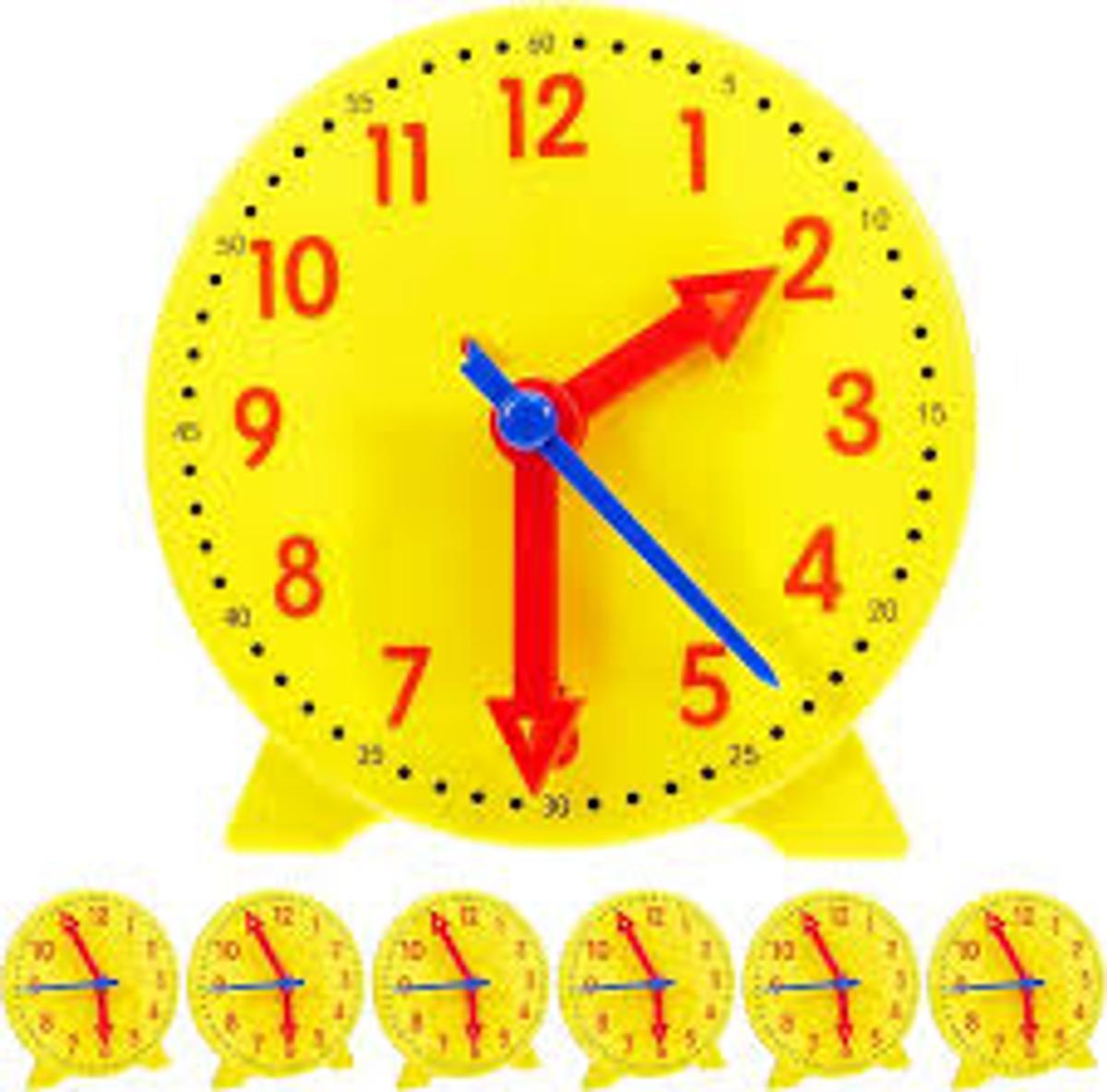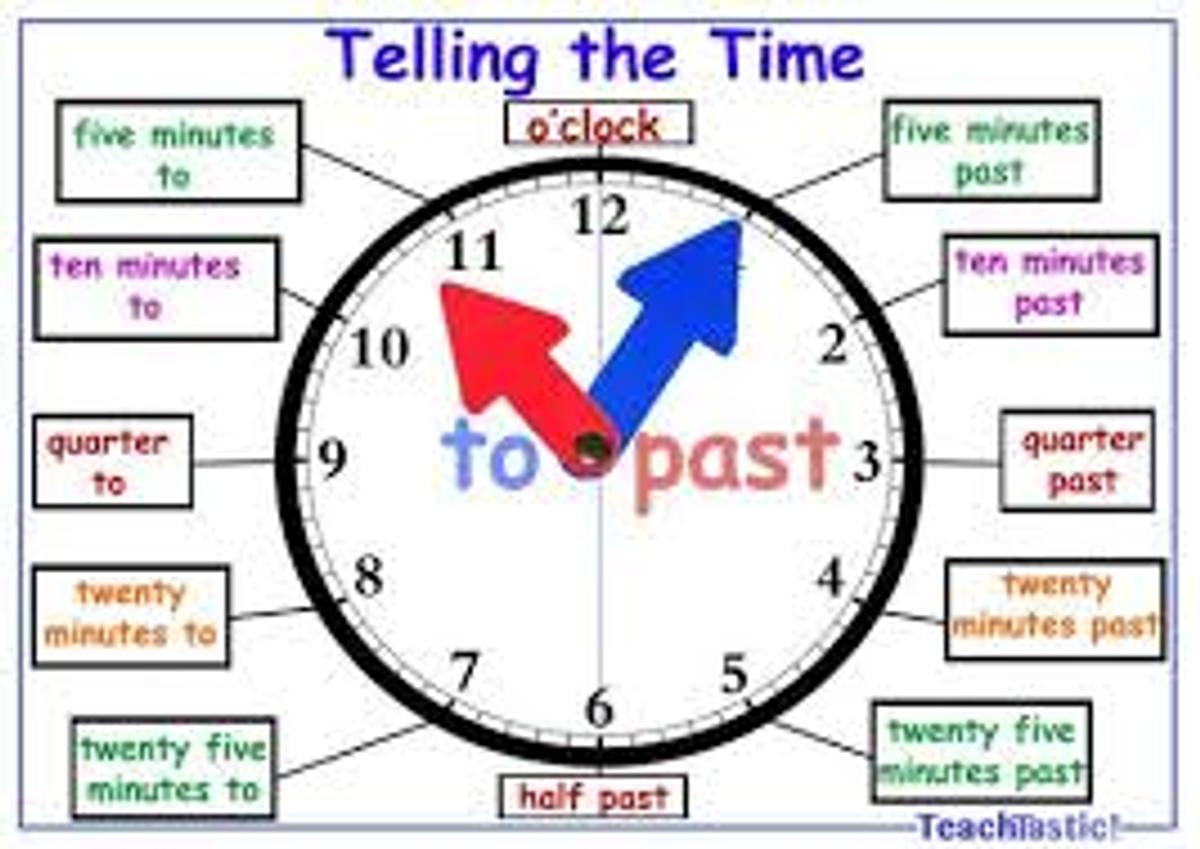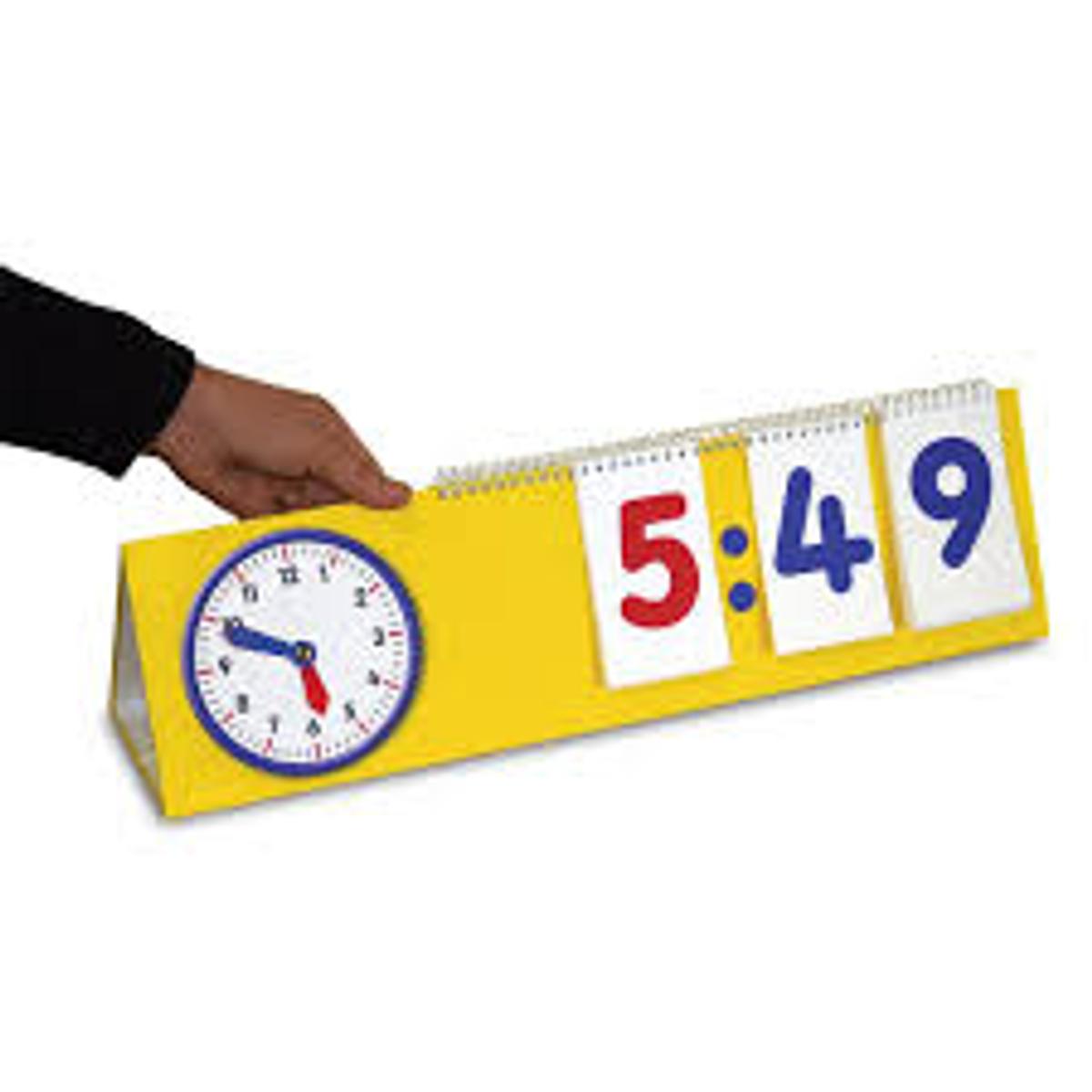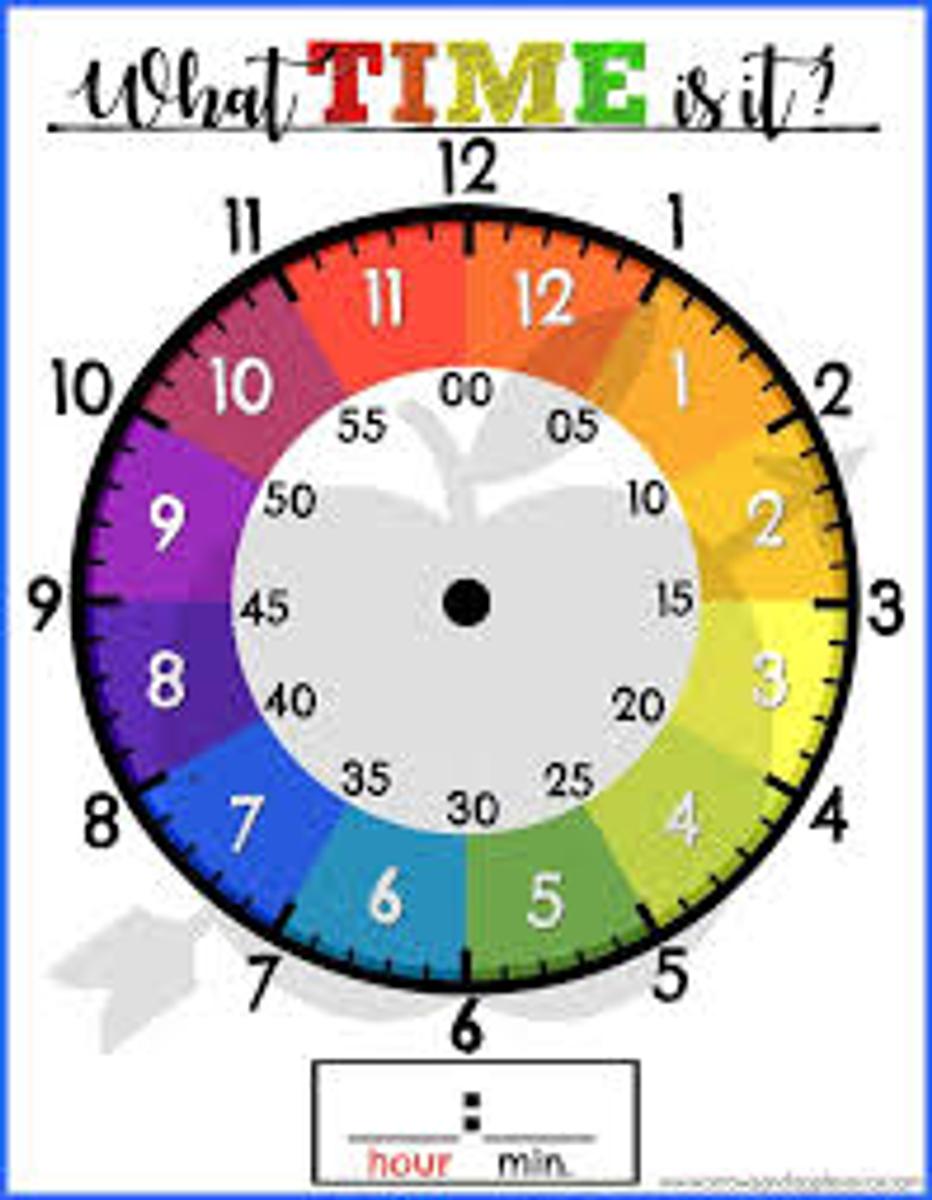Maths News
Paul Tarabay, Mathematics Leader

Maths News
Paul Tarabay, Mathematics Leader
Helping your Child Learn to Tell Time
Dear Parents and Guardians,
Learning to tell time is an essential skill that helps children develop a sense of responsibility and independence. While we introduce the concept of time at school,


reinforcing these skills at home can make a significant difference. Here are some fun and engaging ways to help your child learn to read time confidently.
Start with the Basics
Begin by teaching your child the fundamental concepts of time. Talk about the difference between morning, afternoon, and evening. Use everyday activities to introduce time concepts, such as “We eat lunch at 12 o’clock” or “Bedtime is at 8 PM.”


Use an Analog Clock
Digital clocks are common, but analog clocks are essential for helping children understand how time progresses. Choose a simple clock with clear numbers and hands. Explain how the shorter hand represents the hour and the longer hand represents the minutes.
Make it Hands-On
Create a clock using paper plates, cardboard, or even a toy clock with movable hands. Practice moving the hands to different times and ask your child to read the time. This hands-on activity helps reinforce learning through play.
Practice Skip Counting by Fives
Since the minute hand moves in increments of five, help your child practice skip counting by fives (5, 10, 15, etc.). This will make it easier for them to understand how minutes are


read on an analog clock.
Incorporate Time into Daily Routines
Ask your child to help tell the time during daily activities. For example, “What time does the clock say?” before heading to school or “How many minutes until bedtime?” This consistent practice helps build their confidence.
Use Fun and Interactive Games
There are many educational apps, puzzles, and board games designed to teach time-telling skills. Incorporate these into playtime to make learning fun and engaging.
Be Patient and Encourage Progress


Learning to tell time takes practice and patience. Celebrate small successes and provide gentle corrections when needed. Encouragement will help build your child’s confidence and motivation.
By incorporating these simple and fun strategies into daily life, you can help your child master the important skill of telling time while making the process enjoyable for both of you!
Happy Learning and Happy Term 1 Holidays!